Families
A family is a group of people who are related to each other. Families can be made up of parents, children, and sometimes extended relatives such as grandparents, aunts, uncles, and cousins.
Types of Families
There are different types of families, including:
- Nuclear family: A family consisting of two parents and their children
- Extended family: A family that includes not only the nuclear family, but also other relatives
- Single-parent family: A family consisting of one parent and their children
- Blended family: A family formed when parents remarry and bring their children from previous relationships together
Roles in a Family
Within a family, each member may have different roles and responsibilities. Some common roles include:
- Parent: Provides care, support, and guidance to the children
- Child: Learns and grows within the family unit
- Sibling: Brother or sister within the family
Functions of a Family
Families serve several important functions, including:
- Providing emotional support and love
- Teaching values and beliefs
- Meeting the basic needs of its members, such as food, shelter, and clothing
- Teaching and socializing children
Family Dynamics
Family dynamics refer to the patterns and interactions within a family. This can include communication styles, conflict resolution, and decision-making processes.
Conclusion
Understanding the dynamics and structures of families is important for understanding human relationships and society as a whole.
[Families] Related Worksheets and Study Guides:
.◂Science Worksheets and Study Guides Sixth Grade. Plant reproduction
Study Guide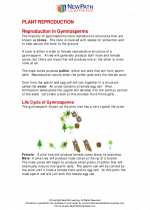 Plant reproduction
Plant reproduction  Activity Lesson
Activity Lesson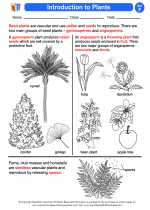 Introduction to Plants
Introduction to Plants  Worksheet/Answer key
Worksheet/Answer key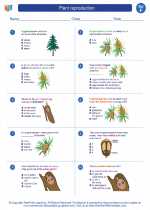 Plant reproduction
Plant reproduction  Worksheet/Answer key
Worksheet/Answer key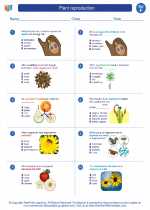 Plant reproduction
Plant reproduction  Worksheet/Answer key
Worksheet/Answer key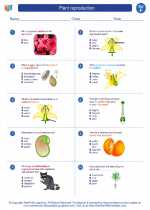 Plant reproduction
Plant reproduction  Vocabulary/Answer key
Vocabulary/Answer key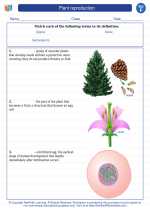 Plant reproduction
Plant reproduction 

 Activity Lesson
Activity Lesson
 Worksheet/Answer key
Worksheet/Answer key
 Worksheet/Answer key
Worksheet/Answer key
 Worksheet/Answer key
Worksheet/Answer key
 Vocabulary/Answer key
Vocabulary/Answer key

The resources above cover the following skills:
LIFE SCIENCE
From Molecules to Organisms: Structures and Processes
Students who demonstrate understanding can:
Use argument based on empirical evidence and scientific reasoning to support an explanation for how characteristic animal behaviors and specialized plant structures affect the probability of successful reproduction of animals and plants respectively.